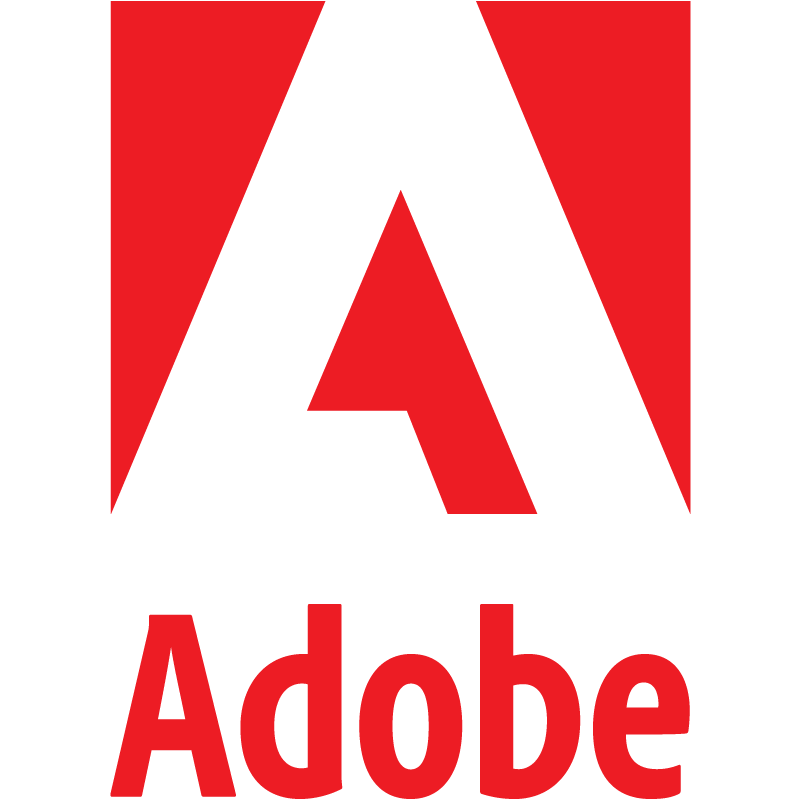Have you ever given any thought to who owns the intellectual property rights to the work you create?

One of the things that creative professionals fail to notice in an employment contract is the clause that states who is the owner of the work you create. This may seem like a simple question to answer and I’m sure that many of you will answer that it is the client and others will say it is the developer who owns the intellectual property rights. But, there is a little more to it than a simple answer. So, Let’s have a look at who owns what, and how you can protect your work from getting into your employer’s hands.
The Employer
Employers will put a clause in their contract that states all 100% of all creative works by you will become the property of the employer. Some will even state, that all works created at work, or even as a side project outside of work, will still become the property of the employer. (most countries have outlawed the practice of an employer claiming property rights to projects that you create outside of your workplace, it is worth your while checking this out in your country). After all, you are employed to create products for the company you work for, so that makes sense if you were employed to make motorbikes or computers, then you can understand that the products belong to the employer.
Now, the employer is correct in the fact that any work created or conceptualized at the place of employment is the property of the employer. Now, this is where it gets a little bit tricky if you have created a project on the side/at home and have allowed it to be viewed and/or tested in your workplace, then it may be deemed to be the property of the employer. Many employers log random images and pages from the employee’s computer and this can be used as evidence that work on the project took place in the employer’s premises.
So, how do you keep your creative projects as your protected work? First off, never do any work on your own projects at your place of employment or on a computer or laptop belonging to your employer. Second, when starting a new project, detail your own project into a project scope of works and send the document by registered/recorded post to yourself (do not open the post when it arrives, put it away safely, you may need this later to prove ownership). Third, do not discuss your project with colleagues while at work, and never use any of your employer’s assets to create your projects.
Remember, that your work has to be original from your employers to be your own creativity and for you to have the rights to claim intellectual property rights to that project. Consider the naming of your projects, styles, layouts and resources and ensure that these do not clash with the ones your employer are using?
Also, watch out for a clause that states that if you work for a company and you/them terminate your employment, they may restrict you from operating in the same industry space for three to six months, so while you may have a fantastic product to sell, they can force both you and the product in to the background for this period of time and this is a legal binding agreement between you and your employer and will be held up in the courts if you fail to abide by it.
Now, one very fine line you have to be fully aware of is that creating a variant of a project that you already created or worked on for your employer is an infringement of your employment contract, and should you be taken to court you will most certainly lose the case and end up out of pocket.
As Freelancer Where Do You Stand?
As a freelancer working for a client, it is important to know what their expectations are for the project they are hiring you for and what your obligations are. Will they have copyright of the intellectual property or will they receive a licence from you to use the product within a single or multi-company environment? When creating for a client there are two areas to look at:
1. Your Creativity, Resources & Ideas
If you are supplying a project for the client based on your creativity and your ideas, then you should make it clear that that the work contained in the project remains your intellectual property and will not be transferred to the client, you are only giving them a licence to use the product for a single company, (as an example: a photographer takes photos and gives the client the right to use them for their business in advertisements, social media etc, however, they do not receive copyright or intellectual property rights to the images).
I create many “HACCP & Food Safety Course” for online eLearning for many different companies. I will never pass the copyright or intellectual property ownership over to the clients because these are all my own work and I only tweak them for different clients requirements. This protects me in two ways, first, I can keep selling my work to new clients, second, previous clients can only use the content for their current company, if they start another company then they must purchase the product again for that new company.
That said, you can always sell the intellectual property right for your products to any client, if that is what you want to do and your compensation for the work reflects this in the payment, and sometimes you may want to do just that fora client(s).
2. Clients Creativity, Resources & Ideas
In this scenario, the client holds the intellectual property rights to the work, as all you are doing is bringing the resources together to create the finished project,(as an example: I hire you to paint my house, I supply the paint and tell you where to paint and what colour to paint the walls, job is done, it is still my house and you have no further input).
The smart developer can sometimes negotiate with the client to retain the rights to the intellectual property depending on the size of the company and on what they intend to do with the product, (as an example: a client creating online learning modules for their process would never allow you to have rights to the product because it may contain sensitive information or processes that are trade secrets. However, a company that wants a ‘First Aid Responder Course”, could be interested in allowing you to use the materials for a reduction in the cost of the project as this general run of the mill information that can be obtained by anyone and poses no threats to the company).
Be Smart and Check the Contract in Detail
Checking your contract is vital before signing it, regardless of its use is for an employer or a client or even fora non-profit. Just because of the initial contract having these clauses, does not mean that you can’t discuss them with your employer or client. And, always make sure that you document your own projects and send to yourself by registered post. Stay clear from using any resources that belong to your employer and when it comes to clients clearly identify and state who is the intellectual property owner of the work.









